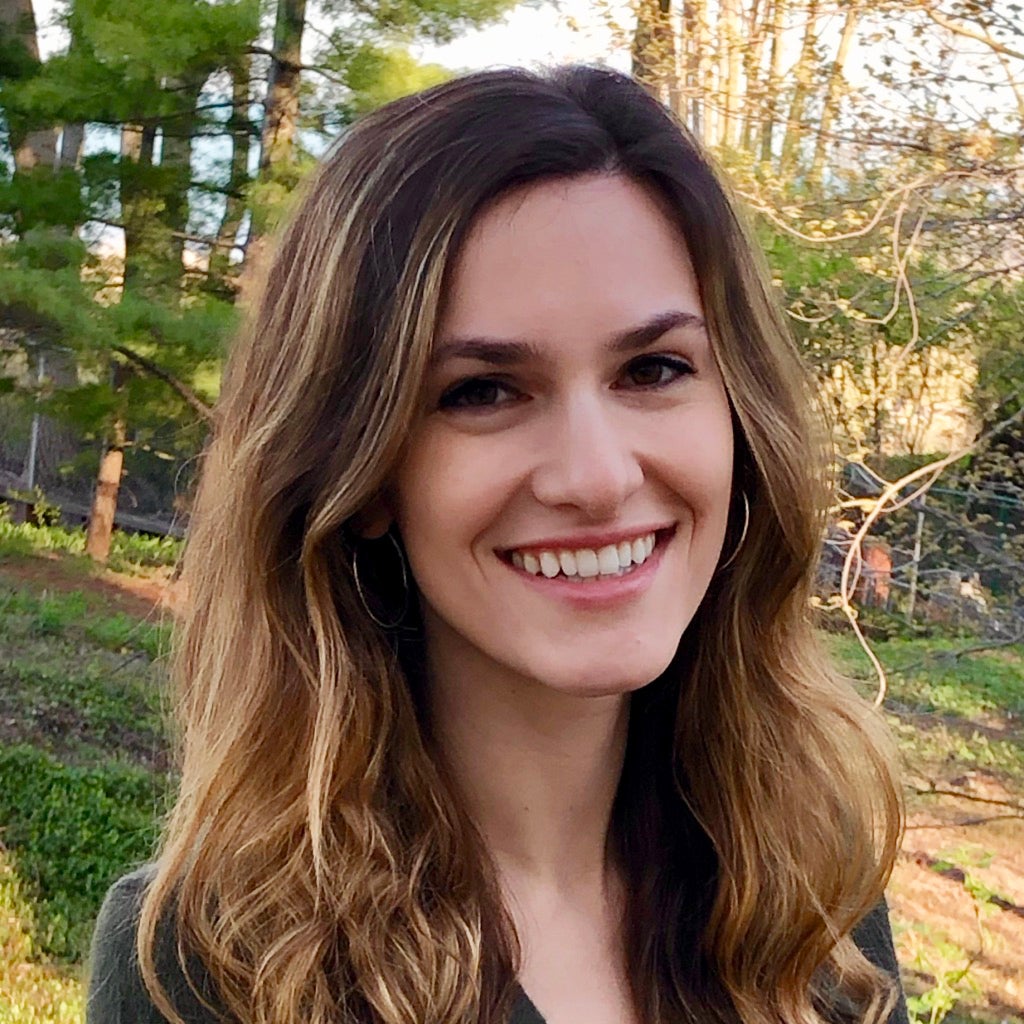Adira Levine ’22, a third-year Harvard Law School student, was recently recognized by the American Bar Association’s Section of Administrative Law and Regulatory Practice for her essay on the intersection of the Freedom of Information Act (FOIA) and environmental law. Levine’s paper, “FOIA Disclosure and the Supreme Court,” which will soon be published by the Harvard Environmental Law Review, received the 2021 Gellhorn-Sargentich Law Student Essay Award. The honor was announced at the ABA’s Administrative Law Conference on November 18.
“It was such an honor to receive this award, and to be asked to speak about my work with the section’s audience,” said Levine, who delivered remarks on her work and its findings at the conference. “I was inspired to write the paper during a spring 2021 seminar with Professor Richard Lazarus ’79, called Environmental Law and the Supreme Court. I was particularly interested in writing on a topic related to administrative law, and found the recent FOIA cases to be a perfect opportunity.”
Passed in 1966, FOIA requires the disclosure of certain government documents upon request, with the aim of increasing transparency and helping citizens, journalists, whistleblowers, and others better understand and monitor the actions of federal agencies. One increasingly active area of focus for advocates is the environment, writes Levine. “FOIA has served as a tool for environmental actors and concerned citizens to monitor environmental law and policy in the interest of raising awareness and checking abuse.”
Yet FOIA provides for exemptions from its disclosure rules, writes Levine, and “In the past two years, two Supreme Court decisions concerning the scope of FOIA’s exemptions have chipped away at the act’s utility for requesters of environmental information: Food Marketing Institute v. Argus Leader Media and U.S. Fish and Wildlife Service v. Sierra Club.”
In her paper, Levine analyzes the two cases in terms of their implications for both the Court’s evolving approach to FOIA and the resulting outlook for environmental litigants in the future.
At Harvard Law, Levine is an editor in chief of the Harvard National Security Journal, a First Amendment teaching fellow, a research assistant, and was part of a three-person team that won the Negotiation Challenge 2020. Prior to law school, Levine completed a Master in Public Policy degree at the University of Cambridge as a Mellon Fellow, and worked in Washington, D.C. advising senior federal government policymakers.
